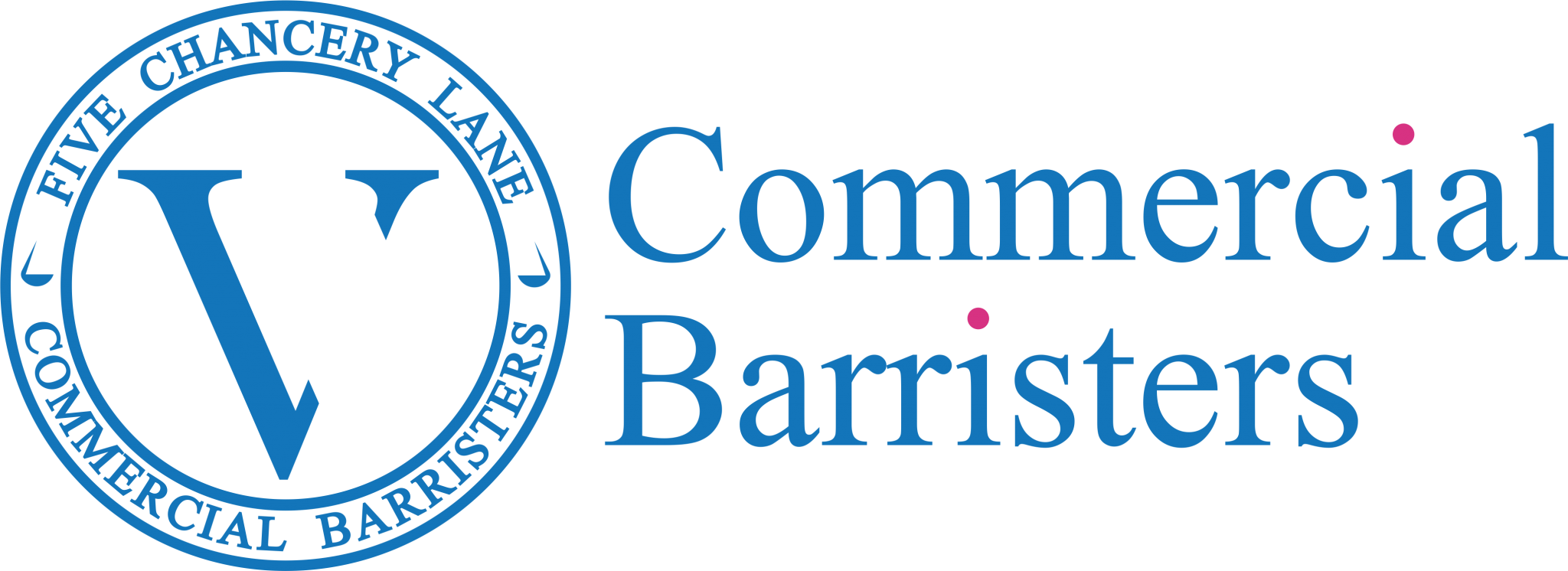Surprisingly, barristers’ fees tend to be lower than people expect.
As barristers we enjoy working with solicitors because often this can lead to a well oiled legal machine. Usually your solicitor will discuss matters with the Chambers director to agree fees, which will be in line with the below principles.
Wherever possible, we try to help you by offering you fixed fees. However, in litigation, that is not always possible. The way we see it, law is usually a distress purchase and so we do what we can to help make it a de-stress purchase. Like any purchase, you would like to know what you are paying. Of course, the last thing we want is for you to have to worry about costs too.
When we have agreed a fixed fee for you to carry out a piece of work, it may often be based on the anticipated hour of work. However, sometimes, it may become necessary for us to charge you an additional fee particularly, when work is required to be done on an urgent basis or work needs to be carried out out of usual office hours or when the papers received are more than originally anticipated or the case is complex, or the nature of the instructions changes, especially on an ongoing basis. An example of this may be when you may have asked for a merits assessments but have then needed other work to be done. The fixed fee paid would then be first used towards the time spent or to be spent on the matter.
How do we charge you fees?
Where a fixed fee is not appropriate for your case, we charge you on a fixed hourly rate or a bulk fixed fee basis. What that means is unless we agree in writing, your hourly rate will not fluctuate upon and down. We charge you fees based on the seniority and experience of the barrister, the complexity of your case, urgency of the case. Examples of this include when work is required to be done in a very short space of time or when work is required to be done outside of usual office hours, such as at evenings and weekends. In very limited circumstances we may be able to accept a reduced fee along with a damages based agreement. Do keep in mind that your legal case could also also be funded by third party insurers who could agree to fund the whole case on payment of a premium.
